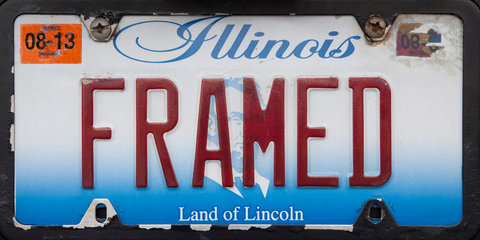Make Your Pitch
Film your business plan and send it to us.
In my last post, I reviewed a pitch for an employee-owned assisted-living facility. This week, I review a pitch for a safety surveillance system for tugboats.
You can view the original video pitch and my review of the pitch below.
Here’s the pitch:
Here’s my review:
In terms of the pitch, the TugCam video from Christopher Machut and GM Services hits on almost all of the items that make a great pitch.
What the company does: It creates a surveillance system that wirelessly transmits audio and video from around a large vessel back to the tugboat captain to increase the captain’s awareness of what can be seen and heard while navigating waterways. The platform can also be used in other industries, including fish farming.
While I don’t know enough to evaluate the scope of the problem, I do like that the company overcame potential objections by talking about adoption and by stressing that the platform needs to be rugged and easy to use. It also has to have cross-technology capability (BlackBerry, Android).
What problem the company solves: Tugboats push vessels through waterways with a blocked line of sight, which has resulted in vessels running into other boats (some with people on board). This was well illustrated visually with actual video — a big barge running over a smaller boat.
The secondary problem is financial. This solution helps avoid accidents, which solves a problem for insurance carriers, a clever thing to point out in the pitch and of course a catalyst for adoption.
My biggest question here is whether this solution is the right one for the problem. It seems as if there could be many ways to change the scope of a vessel’s views, so I would want to inquire more on this front.
Who is on the team: The team has decades of what sounds like relevant experience. The founder has nearly 30 years in the industry and has built and sold a business (experienced entrepreneurs give investors additional confidence). Mr. Machut, who is also a partner, has nearly 20 years of technology experience and has also sold a business.
What is the financial opportunity: The company showed revenue projections of $20 million without funding and $50 million with funding within five years. While more details are needed to evaluate the opportunity — How will that revenue be generated? How profitable will the company be? — the initial numbers create a large enough opportunity to pique investor interest.
How they will bring the product to market: The insurance company angle is the initial entry point being pursued for marketing. It sounds as if insurance companies may offer a discount to their clients for using TugCam. This needs more “meat” around it — How many companies have moved forward? What kind of results do they expect? — but the strategic thinking is sound.
The one thing the pitch is missing is a discussion of competition: Who else is offering solutions and why is the TugCam solution better? I also found the narration a bit stiff, but over all, I thought that this was a very solid pitch.
Now, again, I know nothing about safety-surveillance equipment or tugboats or the marine transportation industry, so I personally would have a hard time evaluating where the holes in the opportunity might be. That said, for the right investor who does know the industry, I think that this pitch — assuming the solution and the opportunity hold up — would definitely create investor interest.
What do you think?
Carol Roth is a business strategist who has helped clients raise more than $1 billion in capital. You can follow her on Twitter.
Article source: http://boss.blogs.nytimes.com/2012/09/26/pitching-a-surveillance-system-for-tugboats/?partner=rss&emc=rss
